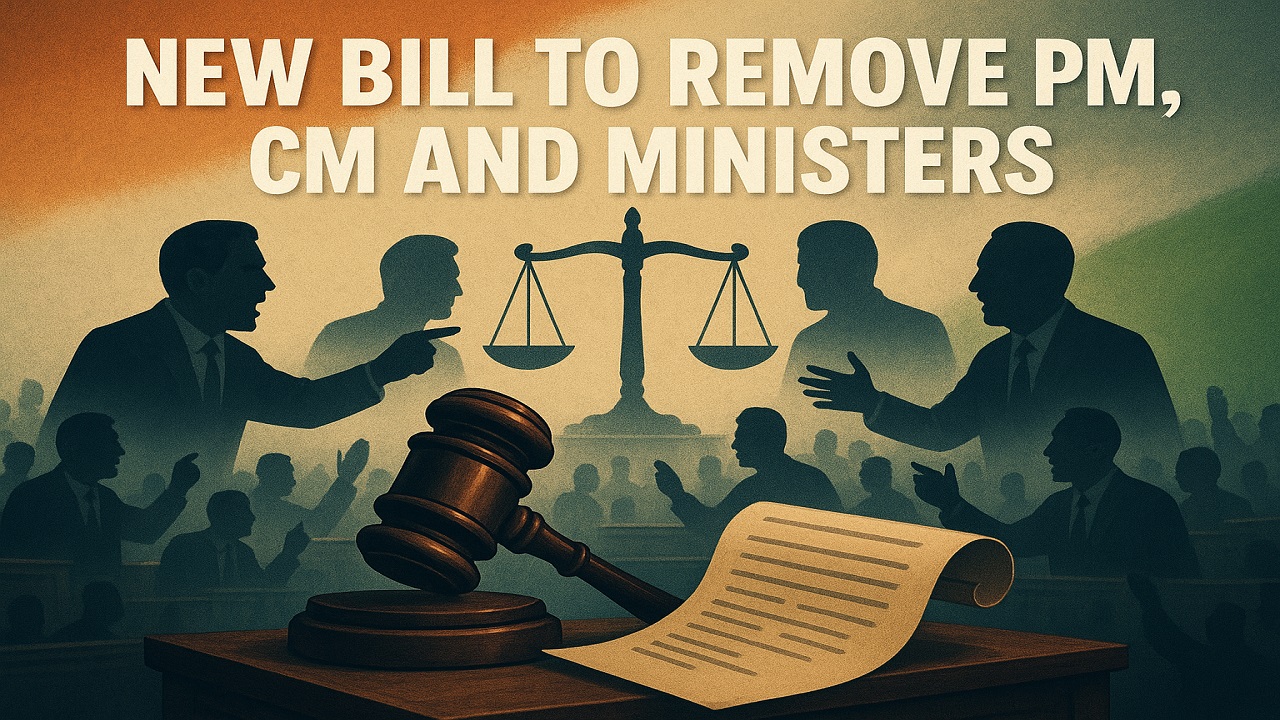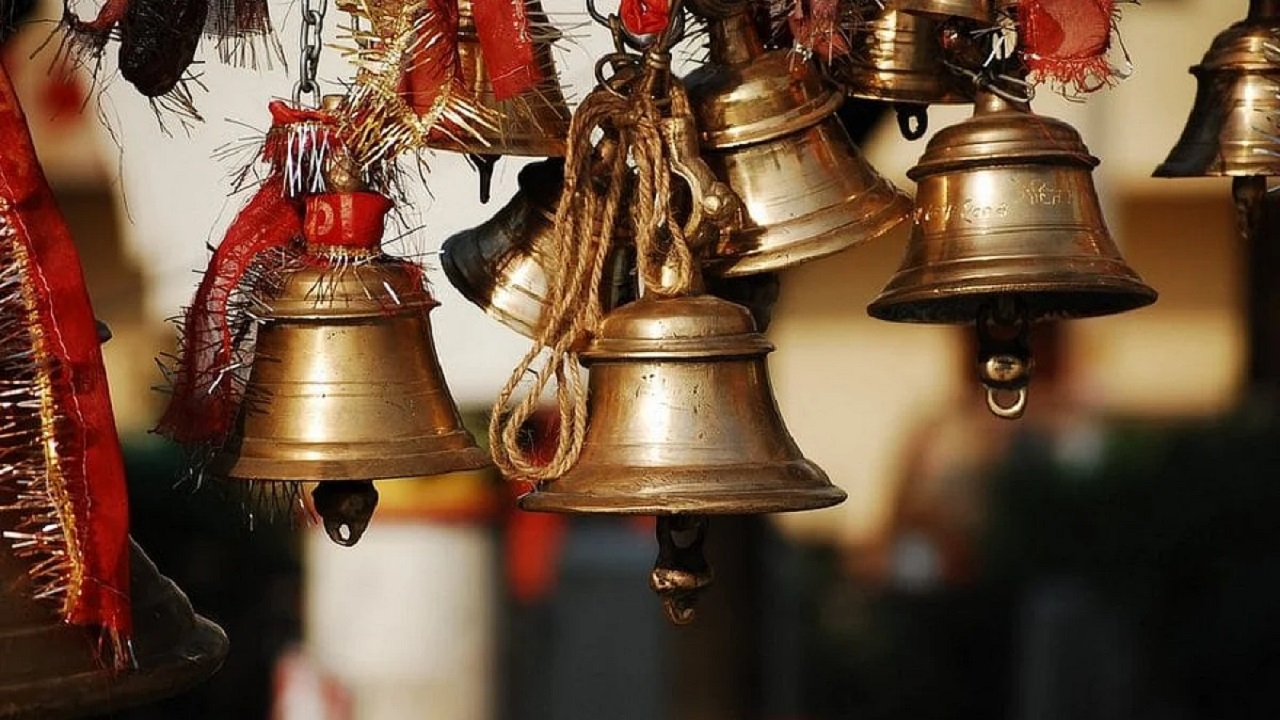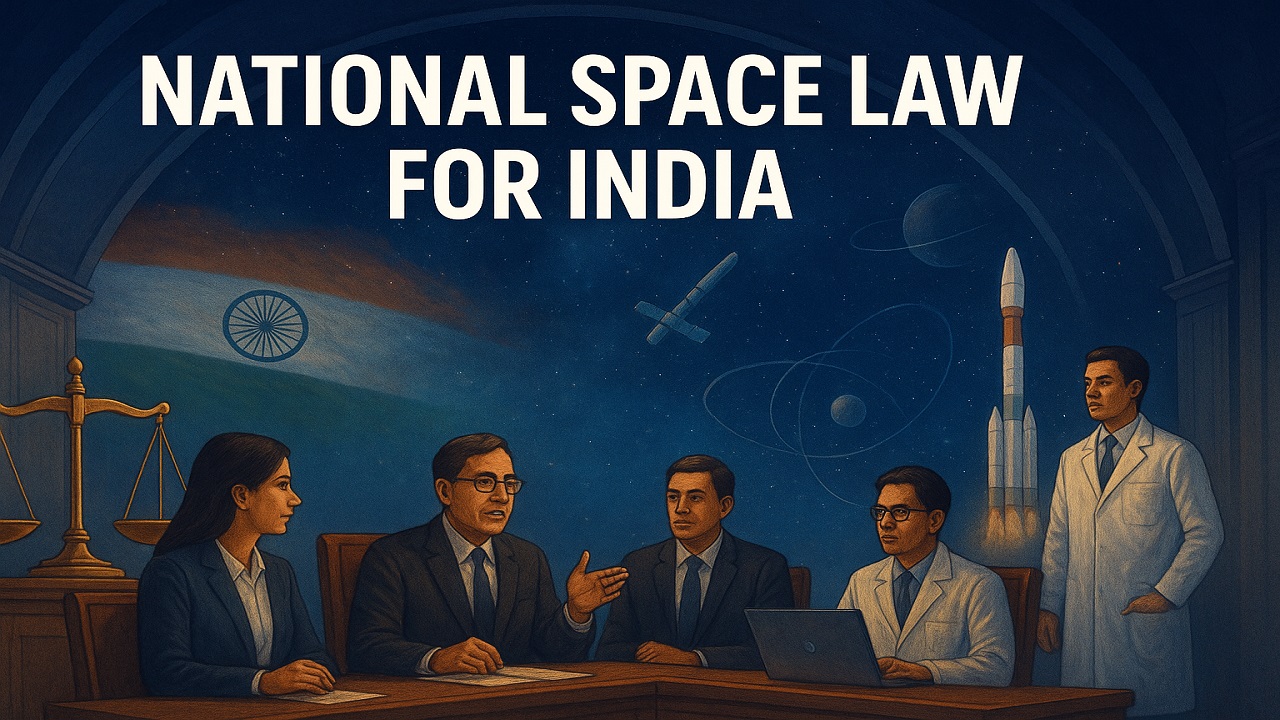Strengthening Democratic Governance: The 130th Constitutional Amendment Bill
Context:
The Union government has recently introduced the 130th Constitutional Amendment Bill to address the growing criminalization of politics in India. The Bill aims to regulate the conduct of ministers at the Union and State levels, ensuring that individuals facing serious criminal charges do not continue to hold public office. This move follows long-standing concerns over the involvement of individuals with criminal records in political offices.
Body:
1. Key Provisions of the 130th Constitutional Amendment Bill:
-
Amendment to Constitution: The Bill seeks to amend Articles 75 and 164, governing the Council of Ministers at the Union and State levels.
-
Removal of Ministers:
-
Any minister arrested and detained for 30 consecutive days in connection with an offence punishable with at least five years’ imprisonment shall be removed from office.
-
Removal occurs on the advice of the PM/CM.
-
If no advice is given, the minister automatically ceases to hold office from the 31st day.
-
-
Resignation of PM/CM:
-
PM or CM arrested for 30 consecutive days must tender resignation on the 31st day.
-
They can be reappointed upon release from custody.
-
-
Applicability to Union Territories:
-
Amendments to Article 239AA extend similar provisions to Delhi.
-
Similar laws are proposed for Jammu & Kashmir and Puducherry.
-
-
Legislative Requirement:
-
Being a constitutional amendment, it requires a two-thirds majority in both Houses of Parliament.
-
The Bill is currently referred to a Joint Parliamentary Committee (JPC) for scrutiny.
-
2. Existing Laws and Background:
-
Representation of the People Act, 1951 (RP Act):
-
Disqualifies anyone convicted and sentenced to at least two years’ imprisonment from being a Member of Parliament (MP) or Member of Legislative Assembly (MLA) during the sentence and six years thereafter.
-
-
Section 8(4) of RP Act:
-
Allowed sitting MPs/MLAs to retain membership if an appeal was filed; struck down by the Supreme Court in Lily Thomas case (2013).
-
-
Limitation:
-
Existing law does not bar convicted ministers from holding office.
-
-
Election Commission Recommendation (2016):
-
Proposed amending RP Act to bar individuals facing charges for offences punishable with at least five years’ imprisonment from contesting elections.
-
3. Issues and Criticisms of the Bill:
-
Premature Loss of Office: Ministers may lose their position due to police action before trial.
-
Weakening Parliamentary Principles: Undermines the constitutional discretion of PM/CM to select their cabinet.
-
Power Asymmetry: Could give the Centre disproportionate power to act against ministers in opposition-ruled states.
4. Criminalization of Politics – Quick Facts:
-
Definition: Involvement of individuals with criminal records in political offices.
-
Reports (ADR):
-
46% of MPs and 45% of MLAs have criminal cases against them.
-
-
Winnability Factor:
-
Candidates with criminal backgrounds have a 15.4% chance of winning vs 4.4% for clean candidates.
-
-
Recommended Measures:
-
Political parties should exercise self-discipline and avoid fielding candidates with criminal records, instead of prioritizing winnability.
-
Conclusion:
The 130th Constitutional Amendment Bill is a step towards reducing criminalization in politics and ensuring accountability of public representatives. While it strengthens legal safeguards, concerns over premature removal, power asymmetry, and undermining cabinet discretion remain. Complementary measures, such as internal party discipline and electoral reforms, are essential to prevent the rise of criminal elements in Indian politics.
Source : The Hindu




Comments (0)